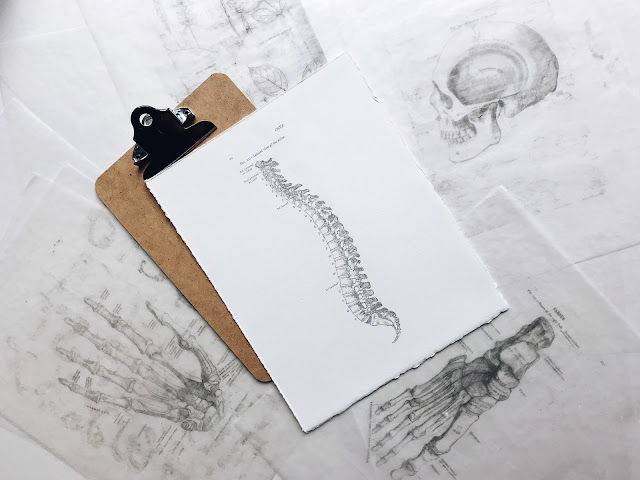When You Should Worry About Back Pain: When Will It Get Better?
When You Should Worry About Back Pain: When Will It Get Better?
Back pain is a common complaint in adults, and it can range from mild to severe. It can also be a signal of something more serious. Knowing the difference between what's normal and what's not will help you make an important decision about your health.
It is important to know that back pain isn't always caused by a severe condition and in most cases, it will go away on its own. Many times we suffer from back pain when we sit in one position for too long or when we're carrying something heavy. Here are some ways to prevent back pain and when it might mean something more serious.
What Is Back Pain?
Back pain can be a result of a multitude of factors, including a medical condition like arthritis, a herniated disk or a slipped disc. In some cases, you may also suffer from a severe injury, but it will usually heal on its own if this is the case. You may also suffer from a disc herniation from an overuse injury to your spine, such as when you carry heavy loads for a long time or perform your job at an uncomfortable angle.
Injury to the spine can often cause a disc to bulge or press against the spinal cord. This can cause intense back and nerve pain, numbness and tingling in the arms and legs, and a loss of function. It can also cause a lack of mobility in the hips and legs, which can affect daily activities. If left untreated, a herniated disc may lead to paralysis or even death.
Causes of Back Pain
A lot of things can cause back pain, but it can range from as simple as bending over to something very serious like a slipped disk.
We all have bones, but overuse can weaken them. When we walk and stand, our bones need to stay healthy in order to function properly. A result of being overworked is a lack of calcium in your spine. In a short time, this can lead to disc collapse, spondylosis, or osteoporosis, and can affect any part of the spine.
The inner structure of the spine is very similar to a headache. In fact, migraines can be caused by a similar strain on your back.
Diagnosing Back Pain
If you feel a strange pain or have lost movement in your back, then it's time to visit your doctor. Most pain or discomfort can be taken care of with lifestyle changes, medication, and surgery. See your doctor when the pain is severe, or when it prevents you from doing daily activities, as well as when it seems to have lasted longer than usual. When you are experiencing back pain or are concerned about your back pain, it is best to go to your doctor as soon as possible.
When you have back pain, it's important to know what is causing it. Pain is the main sign of a condition called back pain, which is defined as pain located in the back. It's one of the most common reasons people visit their doctor.
When You Should Worry About Back Pain
Back pain that persists for more than four weeks needs immediate attention. Some back pain that doesn't get better with rest or exercise can indicate a more serious issue. If you have back pain and it doesn't seem to be getting any better, it's a good idea to consult your doctor or health care provider. If it doesn't get better after a few days, that could be a sign of a serious medical condition such as bone or disc disease.
Unfortunately, back pain can get worse if you wait to see a doctor. In some cases, back pain can progress to long-term disability or even death. If you are in a lot of pain that persists, talk to your doctor about getting an X-ray or MRI scan.
What To Do If You Have Back Pain
If you experience any of the following symptoms, it is important to see your doctor right away. These symptoms can help you make a diagnosis and treat the source of the back pain before it gets worse.
- Nausea and vomiting
- Difficulty moving
- Stiffness
- Cramping
- Flu-like symptoms
- Blurred vision
- Dizziness or feeling faint
- Fainting
- Weakness
- Loss of balance
While it's very common for back pain to get better on its own, it's important to understand the risks of having an untreated back problem. A bad back can lead to some of the worst ailments that you will face in your life, such as kidney stones, arthritis, depression, and even death.
Back pain is an inevitable part of life, and it doesn't have to take over your life by becoming more aware of when it's time to worry, and by working with a doctor to prevent back pain from getting worse, you can get on the right track to a pain-free life. If you've been suffering from back pain for some time, it is a good time to talk with your doctor about whether or not your back pain is chemical or structural.





Comments
Post a Comment